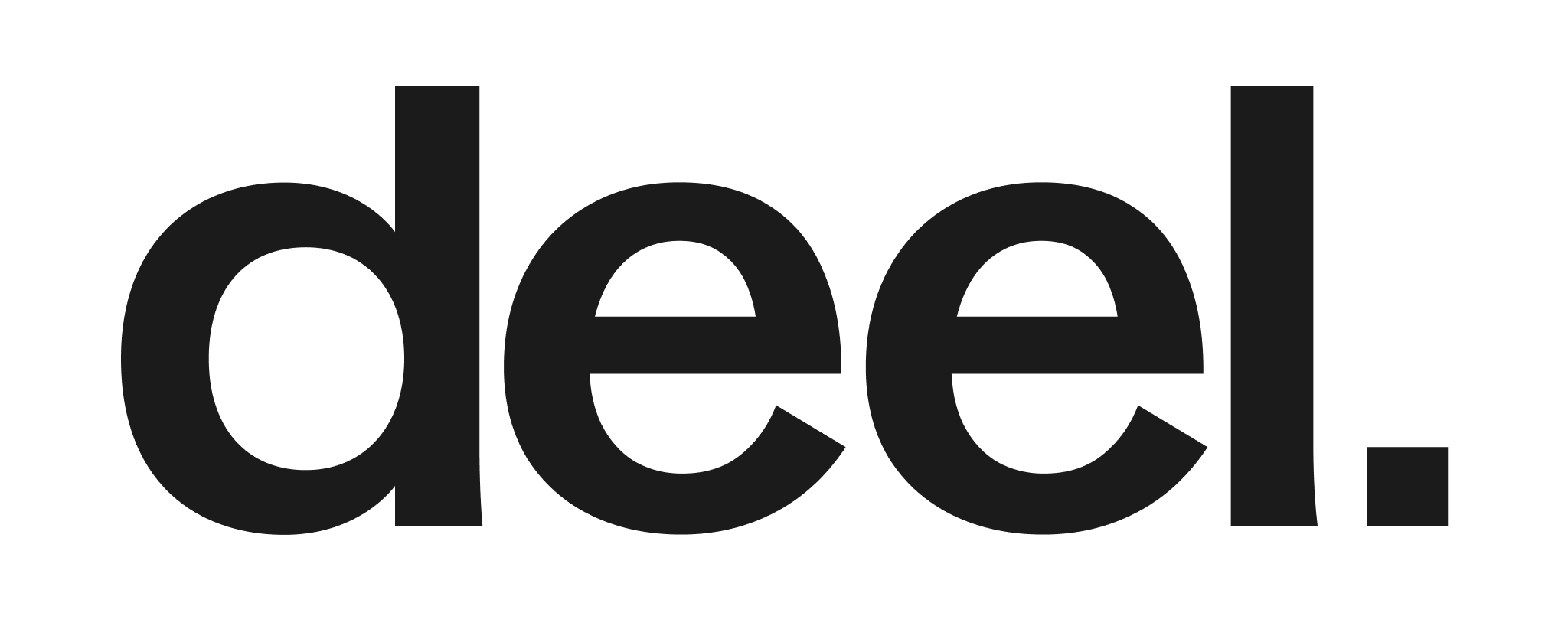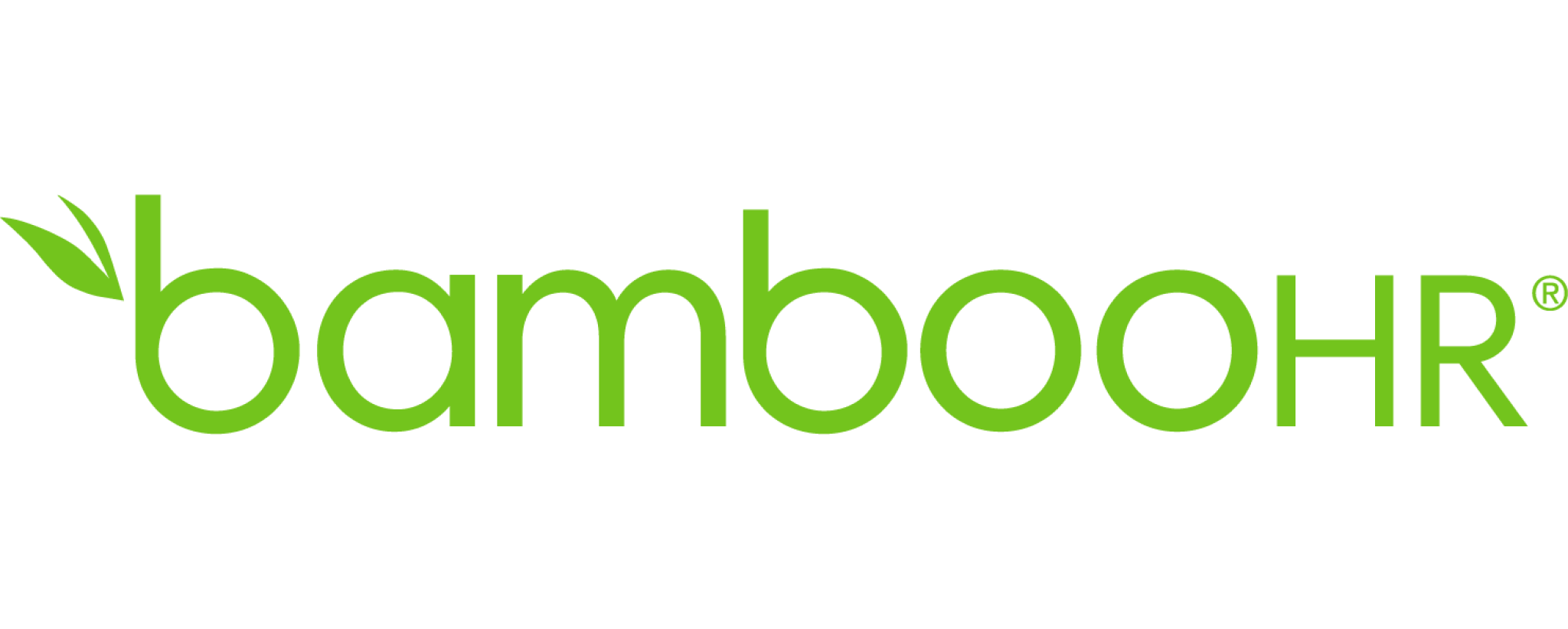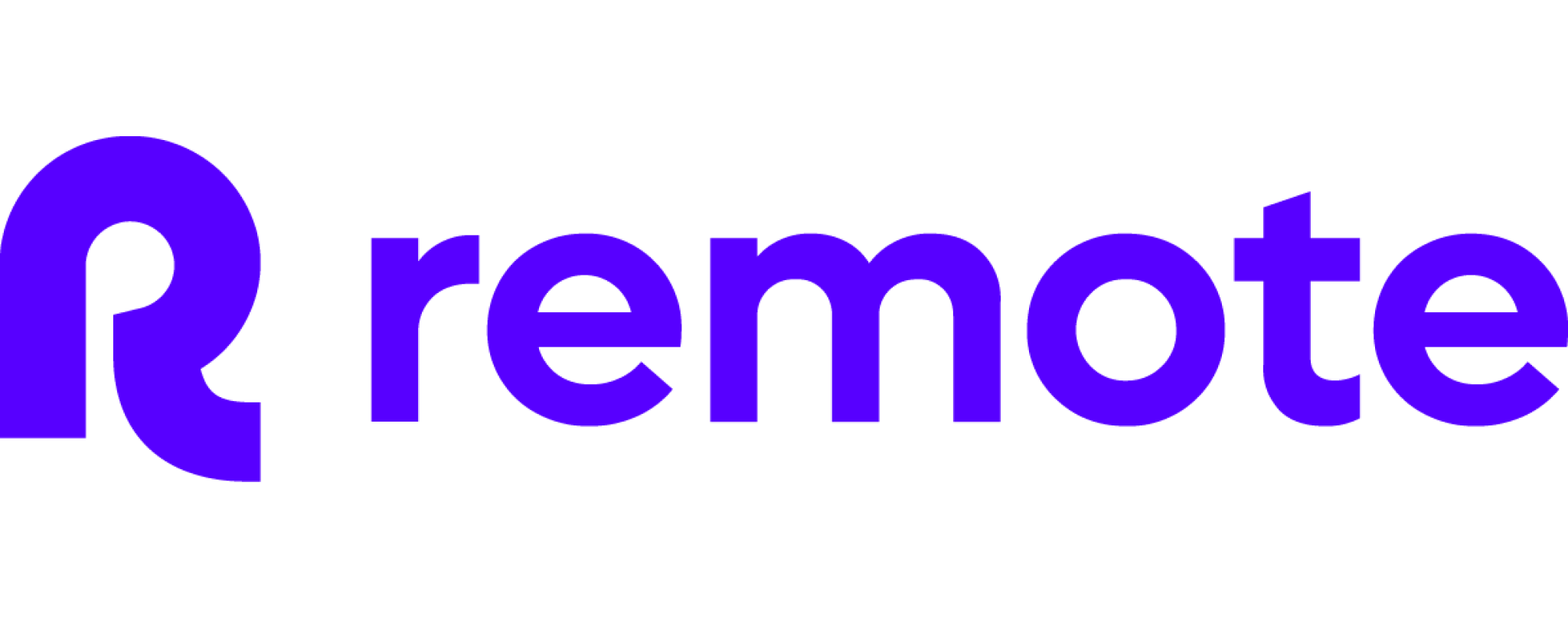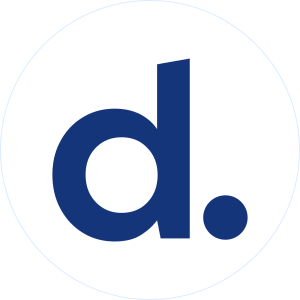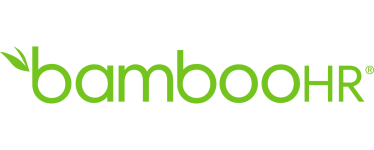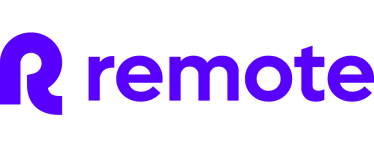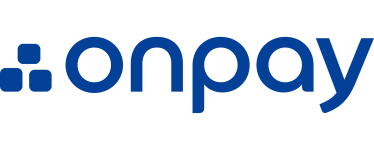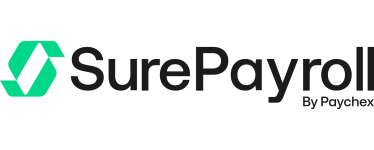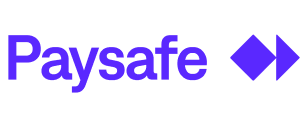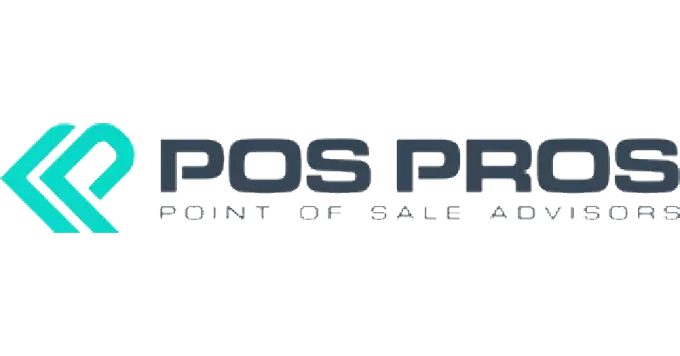-
Simplified global payroll and compliance management in over 150 countries.
-
Automated tax filing and compliance, reducing the risk of legal complications.
-
Flexible contracts for both employees and contractors, ensuring businesses can easily adapt to different hiring models.
-
Supports a variety of payment methods, including cryptocurrency, making it accessible to a wider audience.
-
24/7 support and expert guidance on international labor laws and compliance.
 See extra details & advantages
See extra details & advantages
Global Payroll Automation
Compliance Management
Customizable Contracts
Pros & Cons

Pros & Cons
-
Comprehensive payroll and compliance management for global teams
-
Automates tax filing and compliance across 150+ countries
-
Supports flexible contracts for both employees and contractors
-
Accepts a variety of payment methods, including cryptocurrency
-
May not be necessary for businesses operating solely in one country
-
Pricing may be higher than some competitors, especially for smaller teams
Why We Picked It:

Why We Picked It:
-
Easy-to-use interface that simplifies HR tasks for small to medium-sized businesses.
-
Comprehensive features including employee management, time tracking, and performance evaluations.
-
Automated onboarding tools help streamline the new hire process.
-
Centralized employee data for quick access and reporting.
-
Flexible pricing tailored to the needs of growing businesses.
 See extra details & advantages
See extra details & advantages
Employee Management
Time Tracking and Leave Management
Performance Evaluation Tools
Pros & Cons

Pros & Cons
-
Intuitive and user-friendly HR management interface
-
Comprehensive features including onboarding, time tracking, and payroll
-
Automated HR processes for improved efficiency
-
Centralized employee data management and reporting tools
-
May require additional integration with external payroll systems
-
Limited customization options for more advanced HR needs
Why We Picked It:

Why We Picked It:
-
Full-service platform for hiring, onboarding, and paying employees and contractors globally.
-
Ensures compliance with local labor laws, taxes, and benefits across multiple countries.
-
Easy-to-use platform with intuitive features for managing global teams.
-
Competitive pricing model with transparent, flat-rate fees.
-
Provides localized support and expert guidance on international labor regulations.
 See extra details & advantages
See extra details & advantages
24/7 Help & Support
Community Forum
Transparent flat-rate pricing
Pros & Cons

Pros & Cons
-
Comprehensive global HR and payroll management
-
Ensures compliance with local labor laws and tax regulations
-
Transparent flat-rate pricing with no hidden fees
-
Localized support for managing teams across multiple countries
-
Limited to companies that need global workforce solutions
-
May be overkill for businesses operating in a single country
Why We Picked It:

Why We Picked It:
-
Easy-to-use platform tailored to the needs of small and medium-sized businesses.
-
Automated tax filings at federal, state, and local levels, ensuring compliance.
-
Includes integrated HR tools like onboarding, benefits management, and employee self-service.
-
Transparent pricing with no hidden fees, making it affordable for small businesses.
-
Excellent customer support with real-time access to payroll and tax experts.
 See extra details & advantages
See extra details & advantages
Automated Payroll and Tax Filings
Transparent Pricing
Integrated HR Tools
Pros & Cons

Pros & Cons
-
Easy-to-use platform with simple payroll and HR features
-
Automated tax filings for compliance at federal, state, and local levels
-
Integrated HR tools including onboarding and benefits management
-
Transparent, affordable pricing with no hidden fees
-
May lack advanced features required by larger enterprises
-
Limited customization options for more complex HR needs
Why We Picked It:

Why We Picked It:
-
Easy-to-use platform tailored to the needs of small and medium-sized businesses.
-
Automated tax filings at federal, state, and local levels, ensuring compliance.
-
Includes integrated HR tools like onboarding, benefits management, and employee self-service.
-
Transparent pricing with no hidden fees, making it affordable for small businesses.
-
Excellent customer support with real-time access to payroll and tax experts.
 See extra details & advantages
See extra details & advantages
Automated Payroll and Tax Filings
Transparent Pricing
Integrated HR Tools
Pros & Cons

Pros & Cons
-
Easy-to-use platform with simple payroll and HR features
-
Automated tax filings for compliance at federal, state, and local levels
-
Integrated HR tools including onboarding and benefits management
-
Transparent, affordable pricing with no hidden fees
-
May lack advanced features required by larger enterprises
-
Limited customization options for more complex HR needs
Why We Picked It:

Why We Picked It:
Our Best Overall Provider
-
Simplified global payroll and compliance management in over 150 countries.
-
Automated tax filing and compliance, reducing the risk of legal complications.
-
Flexible contracts for both employees and contractors, ensuring businesses can easily adapt to different hiring models.
-
Supports a variety of payment methods, including cryptocurrency, making it accessible to a wider audience.
-
24/7 support and expert guidance on international labor laws and compliance.
 See extra details & advantages
See extra details & advantages
Global Payroll Automation
Compliance Management
Customizable Contracts
Pros & Cons

Pros & Cons
-
Comprehensive payroll and compliance management for global teams
-
Automates tax filing and compliance across 150+ countries
-
Supports flexible contracts for both employees and contractors
-
Accepts a variety of payment methods, including cryptocurrency
-
May not be necessary for businesses operating solely in one country
-
Pricing may be higher than some competitors, especially for smaller teams
Why We Picked It:

Why We Picked It:
YOU MIGHT BE INTERESTED IN POINT OF SALE PROVIDERS
Our Top Picks for
What Is Payroll?
Payroll is the process of managing and distributing employee wages and salaries within an organization. It involves calculating how much each employee should be paid based on their work hours, salary, bonuses, or commissions, and then deducting taxes, insurance premiums, retirement contributions, and other withholdings before issuing the net payment. Payroll is essential for businesses as it ensures that employees are compensated accurately and on time while staying compliant with tax laws and employment regulations. By utilizing payroll systems, businesses can streamline the process of calculating earnings, deducting withholdings, and generating paychecks or direct deposits. This organized approach is supported by software solutions that help businesses manage payroll data efficiently, reducing the chances of errors in payments and keeping all records updated and compliant with legal standards.
How To Choose the Best Payroll Service for Your Business?
When selecting the best payroll service for your business, it's crucial to consider several factors that impact efficiency and compliance. Start by evaluating the features offered by different payroll service providers, such as automated payroll calculations, tax filing services, employee self-service portals, and integration capabilities with existing HR or accounting systems. Look for a payroll service that offers accurate and secure processing, ensuring that your employees are paid correctly and on time.
The Benefits of Using a Payroll Management System
Using a payroll management system offers several advantages for businesses. Firstly, it automates the complex calculations required to determine employee pay, reducing manual errors and saving time. This automation also helps in managing tax deductions, generating payslips, and handling other payroll-related tasks more efficiently. A well-implemented payroll system enhances data security by protecting sensitive employee information and ensuring that only authorized personnel have access to payroll data. Moreover, it offers real-time insights into labor costs, making it easier for businesses to make informed financial decisions. The convenience and accuracy provided by a payroll management system ultimately lead to better compliance, improved employee satisfaction, and streamlined operations.
How Payroll Services Can Help to Improve Business Efficiency?
Payroll services can significantly boost a business's efficiency by taking over the time-consuming task of managing payroll processing. By outsourcing this function to a professional payroll provider or using specialized software, businesses can focus on their core operations rather than getting bogged down with administrative details.
Our Top 3 PAYROLL
-
Comprehensive payroll and compliance management for global teams
-
Automates tax filing and compliance across 150+ countries
-
Supports flexible contracts for both employees and contractors
-
Accepts a variety of payment methods, including cryptocurrency
-
May not be necessary for businesses operating solely in one country
-
Pricing may be higher than some competitors, especially for smaller teams
Deel was chosen for its versatility in handling both employee and contractor payroll globally, making it a go-to solution for companies with diverse hiring needs. Its automated compliance, tax, and payroll features simplify the complexities of managing international teams, offering a comprehensive platform for businesses looking to expand globally. The variety of payment methods, including cryptocurrencies, sets it apart as a modern and adaptable solution.
-
Intuitive and user-friendly HR management interface
-
Comprehensive features including onboarding, time tracking, and payroll
-
Automated HR processes for improved efficiency
-
Centralized employee data management and reporting tools
-
May require additional integration with external payroll systems
-
Limited customization options for more advanced HR needs
BambooHR was selected for its robust yet easy-to-use platform that helps small and medium-sized businesses manage HR tasks efficiently. With tools for employee management, onboarding, and performance tracking, BambooHR enables businesses to centralize HR processes and data. The platform’s focus on improving the employee experience while providing valuable HR insights makes it an excellent choice for growing businesses.
-
Comprehensive global HR and payroll management
-
Ensures compliance with local labor laws and tax regulations
-
Transparent flat-rate pricing with no hidden fees
-
Localized support for managing teams across multiple countries
-
Limited to companies that need global workforce solutions
-
May be overkill for businesses operating in a single country
Remote was selected for its comprehensive approach to managing global workforces, offering seamless solutions for businesses looking to expand internationally. Its platform simplifies hiring, payroll, and compliance, making it easy to manage teams across different countries. The transparent pricing model and localized support further strengthen its value for companies seeking efficient global expansion.
Kelly Weissman
Kelly Weissman is an expert analyst and reviewer who has a wealth of experience.
She is highly respected for her opinions and insights, and her reviews are sought after by both consumers and businesses alike. Kelly is a trusted source of information and her reviews are always fair and objective.
What Is Payroll?
Payroll is the process of managing and distributing employee wages and salaries within an organization. It involves calculating how much each employee should be paid based on their work hours, salary, bonuses, or commissions, and then deducting taxes, insurance premiums, retirement contributions, and other withholdings before issuing the net payment. Payroll is essential for businesses as it ensures that employees are compensated accurately and on time while staying compliant with tax laws and employment regulations. By utilizing payroll systems, businesses can streamline the process of calculating earnings, deducting withholdings, and generating paychecks or direct deposits. This organized approach is supported by software solutions that help businesses manage payroll data efficiently, reducing the chances of errors in payments and keeping all records updated and compliant with legal standards.
How To Choose the Best Payroll Service for Your Business?
When selecting the best payroll service for your business, it's crucial to consider several factors that impact efficiency and compliance. Start by evaluating the features offered by different payroll service providers, such as automated payroll calculations, tax filing services, employee self-service portals, and integration capabilities with existing HR or accounting systems. Look for a payroll service that offers accurate and secure processing, ensuring that your employees are paid correctly and on time.
The Benefits of Using a Payroll Management System
Using a payroll management system offers several advantages for businesses. Firstly, it automates the complex calculations required to determine employee pay, reducing manual errors and saving time. This automation also helps in managing tax deductions, generating payslips, and handling other payroll-related tasks more efficiently. A well-implemented payroll system enhances data security by protecting sensitive employee information and ensuring that only authorized personnel have access to payroll data. Moreover, it offers real-time insights into labor costs, making it easier for businesses to make informed financial decisions. The convenience and accuracy provided by a payroll management system ultimately lead to better compliance, improved employee satisfaction, and streamlined operations.
How Payroll Services Can Help to Improve Business Efficiency?
Payroll services can significantly boost a business's efficiency by taking over the time-consuming task of managing payroll processing. By outsourcing this function to a professional payroll provider or using specialized software, businesses can focus on their core operations rather than getting bogged down with administrative details.
FAQ
What is the difference between gross pay and net pay?


Gross pay refers to the total amount of money an employee earns before any deductions are made. It includes their base salary or hourly wages, plus any bonuses, overtime, commissions, or other forms of compensation. Net pay, on the other hand, is the amount the employee actually takes home after all deductions have been subtracted from their gross pay. These deductions typically include taxes (like federal, state, and local income taxes), Social Security, Medicare, health insurance premiums, retirement contributions, and any other benefits or wage garnishments. Understanding the difference between gross and net pay is important for both employers and employees to manage finances and budget effectively.
What taxes are typically withheld from an employee's paycheck?


The taxes withheld from an employee’s paycheck generally include federal income tax, which is based on the employee’s earnings and their tax filing status. In addition, there are payroll taxes such as Social Security and Medicare (also known as FICA taxes). Social Security tax helps fund the national retirement program, while Medicare tax supports healthcare for retirees and disabled individuals. Depending on the state, there may also be state income taxes and, in some areas, local income taxes as well. Employers may also need to withhold other specific taxes based on local regulations or employee requests, like unemployment insurance or disability insurance. It’s essential for businesses to stay compliant with these tax requirements to avoid penalties and legal issues.
What happens if payroll is not processed on time?


If payroll is not processed on time, it can have serious consequences for both the company and its employees. Employees may experience financial stress and dissatisfaction if they do not receive their expected wages when they are due. This can lead to decreased morale, lower productivity, and even higher employee turnover. From a legal standpoint, failure to pay employees on time could result in violations of labor laws, leading to potential fines, penalties, and legal disputes. In some cases, repeated delays in payroll processing can damage the company’s reputation and affect its ability to attract and retain talent. Therefore, it’s crucial for businesses to ensure that their payroll processes are efficient, reliable, and compliant with all relevant regulations.
How often should payroll be processed?


Payroll can be processed on different schedules depending on the company’s policies and the employment agreements. The most common payroll frequencies include weekly, bi-weekly (every two weeks), semi-monthly (twice a month), and monthly. Each schedule has its own advantages and considerations. For example, weekly payroll provides regular cash flow for employees but can increase the administrative workload for the company. Bi-weekly and semi-monthly schedules are popular because they strike a balance between regular payments to employees and manageable processing for employers. The choice of frequency depends on factors like the nature of the business, the company’s cash flow, and employee preferences.
Important to know about Payroll SERVICES

Managing payroll is one of the most critical responsibilities for any small business owner. It involves...
See Reviews
As a startup founder, one of the critical responsibilities you'll face as your company grows is setting...
See Reviews
Year-end payroll reporting is a crucial task for businesses as it involves closing the payroll for the...
See ReviewsKelly Weissman
Creative writer and editorKelly Weissman is an expert analyst and reviewer who has a wealth of experience.
She is highly respected for her opinions and insights, and her reviews are sought after by both consumers and businesses alike. Kelly is a trusted source of information and her reviews are always fair and objective.
